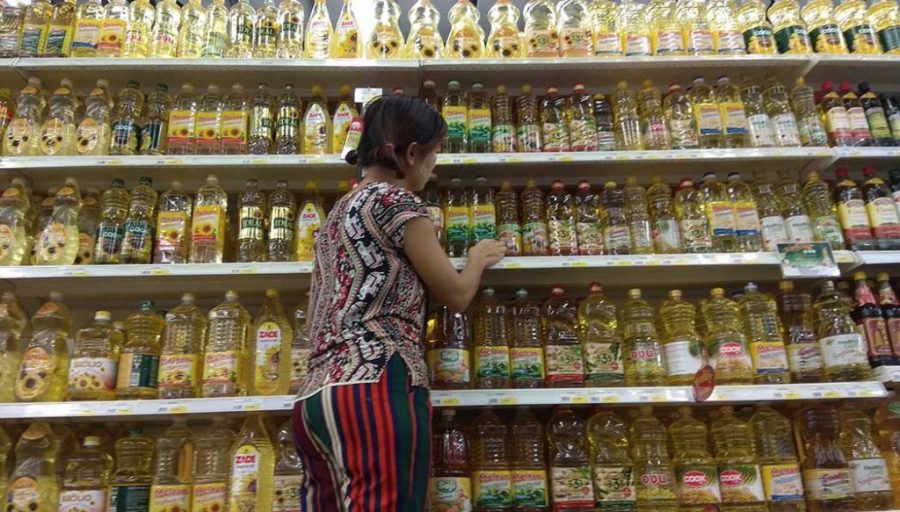CNI News
16 July 2022
Measures taken by the Ministry of Commerce to issue licence and permit to export only after remittance has been received through the advance payment system aims to strengthen the market, Secretary U Thant Zin Tun of Myanmar Corn Industrial Association told the CNI.
Previously, pulses and beans, corn, sesame, peanuts and oil crops were allowed to export with the agreement between the buyers and sellers but exporters are now allowed to export oil crops only after US$ remittance has been received.
U Tant Zin Tun said “ The government might want to raise the prices of exports and enable exporters to sell their goods at a fixed price in a dignified manner instead of going to the border and selling goods.
The Ministry of Commerce issued an order on 2nd July that oil crops can be exported through the desired payment system but it is necessary to set the prices in US$.
Oil crops.
According to the order, exporters are required to deposit their export earnings in US$ at the Central Bank of Myanmar, which, after deducting 2 percent tax, reimburse the earnings in Kyat at the exchange rate of K 1850 per dollar.
In the order issued on 14th July, in exporting pulses and beans, corn and oil crops through border trade, the advance payment system is introduced and export licenses will be issued only after receiving remittances for the crops.
As the system is applied only to maritime trade previously, there may be some difficulties in border trade, said In-Charge U Nay Win Soe of Ayeyar Trade Centre.
“Countries importing goods from Myanmar are not trading only with our country. Thailand can import goods from Vietnam and Laos. India can import goods from Pakistan and other countries. The main demand comes from China. China needs goods from Myanmar but they have taken an upper hand. So, payment system used in maritime trade is introduced in border trade, there will be some difficulties,” U Nay Win Soe told the CNI.
Exports from a port.
Repeated changes of policies in the export sector cause delay in trade and create instabilities in the market, according to exporters.
Moreover, many exporters have suffered losses due to policy changes and price instabilities and have to buy corn from farmers at lower prices for the upcoming cultivation season, corn farmer Ko Min Khaing from Ayeyarwady Region told the CNI.
“Corn exporters have suffered losses this year. So, they have learnt a lesson and buy corn from farmers at lower prices than the previous year. They will buy corn from farmers at lower prices, I think,” he said.
However, some exporters at border trade said that it is still necessary to closely watch the new policy on exports of pulses and beans, corn and oil crops as there are some difficulties at first, but the policy may work in the long term.




